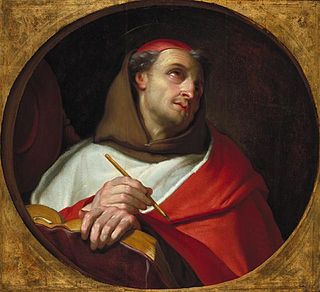A Quote by Edward Young
Related Quotes
There is in man's nature a secret inclination and motion towards love of others, which, if it be not spent upon some one or a few, doth naturally spread itself towards many, and maketh men become humane and charitable, as it is seen sometimes in friars. Nuptial love maketh mankind, friendly love perfecteth it, but wanton love corrupteth and embaseth it.
Your attitude should be the same as that of Christ Jesus: Who being in very nature God, did not consider equality with God something to be grapsed, but made himself nothing, taking the very nature of a servant, being made in human likeness. And being found in appearnace as a man, he humbled himself and becamse obedient to death-even death on a cross!
Everybody is afraid of death for the simple reason that we have not tasted of life yet. The man who knows what life is, is never afraid of death; he welcomes death. Whenever death comes he hugs death, he embraces death, he welcomes death, he receives death as a guest. To the man who has not known what life is, death is an enemy; and to the man who knows what life is, death is the ultimate crescendo of life.
The impulses of my heart are the voice of Nature, which is never mistaken. The institutions that stand in my way are man-made and are only arbitrary conventions to which I have never given my consent. In trampling these institutions underfoot, I shall have the double pleasure of satisfying my inclinations and of believing myself a hero
We are left with nothing but death, the irreducible fact of our own mortality. Death after a long illness we can accept with resignation. Even accidental death we can ascribe to fate. But for a man to die of no apparent cause, for a man to die simply because he is a man, brings us so close to the invisible boundary between life and death that we no longer know which side we are on. Life becomes death, and it is as if this death has owned this life all along. Death without warning. Which is to say: life stops. And it can stop at any moment.
All the lies and evasions by which man has nourished himself civilization, in a word is the fruits of the creative artist. It is the creative nature of man which has refused to let him lapse back into that unconscious unity with life which characterizes the animal world from which he made his escape.
Suicide may also be regarded as an experiment - a question which man puts to Nature, trying to force her to answer. The question is this: What change will death produce in a man's existence and in his insight into the nature of things? It is a clumsy experiment to make; for it involves the destruction of the very consciousness which puts the question and awaits the answer.
We speak erroneously of "artificial" materials, "synthetics", and so forth. The basis for this erroneous terminology is the notion that Nature has made certain things which we call natural, and everything else is "man-made", ergo artificial. But what one learns in chemistry is that Nature wrote all the rules of structuring; man does not invent chemical structuring rules; he only discovers the rules. All the chemist can do is find out what Nature permits, and any substances that are thus developed or discovered are inherently natural. It is very important to remember that.
There are hidden contradictions in the minds of people who "love Nature" while deploring the "artificialities" with which "Man has spoiled Nature.'" The obvious contradiction lies in their choice of words, which imply that Man and his artifacts are not part of "Nature" : but beavers and their dams are.





































